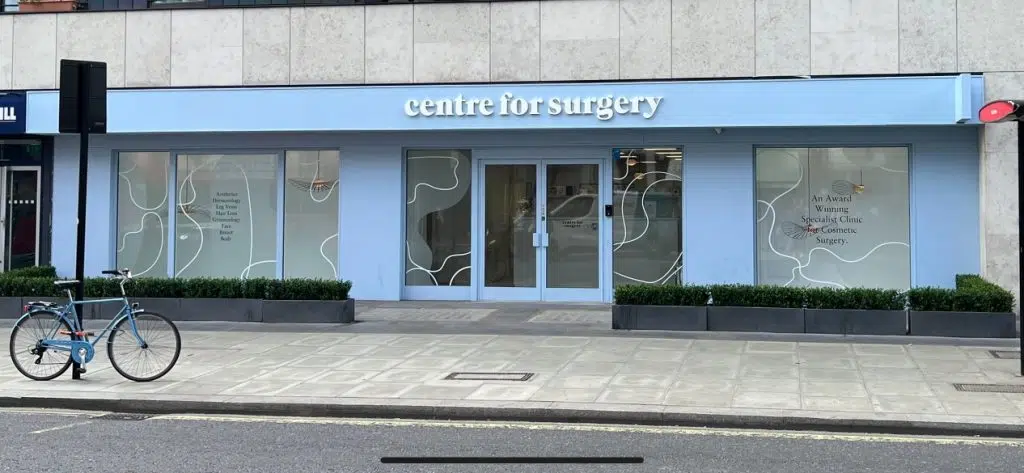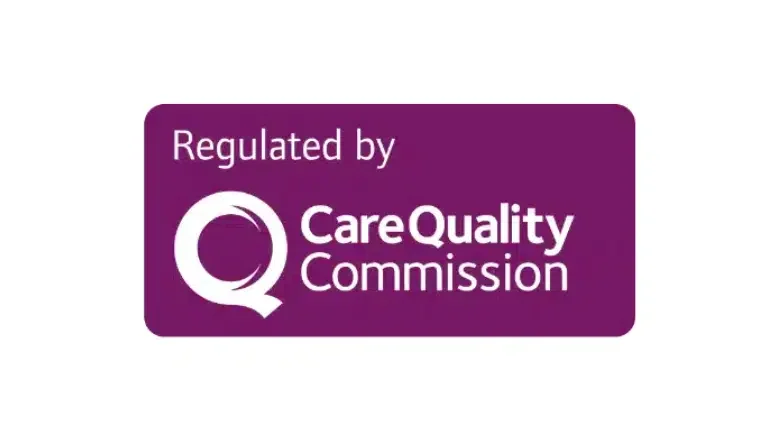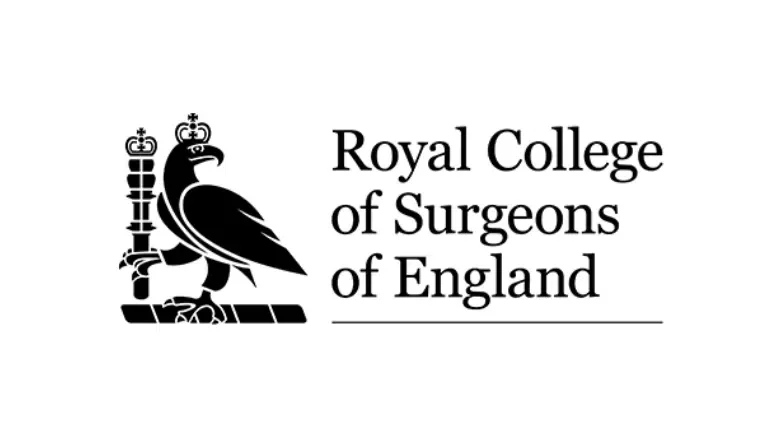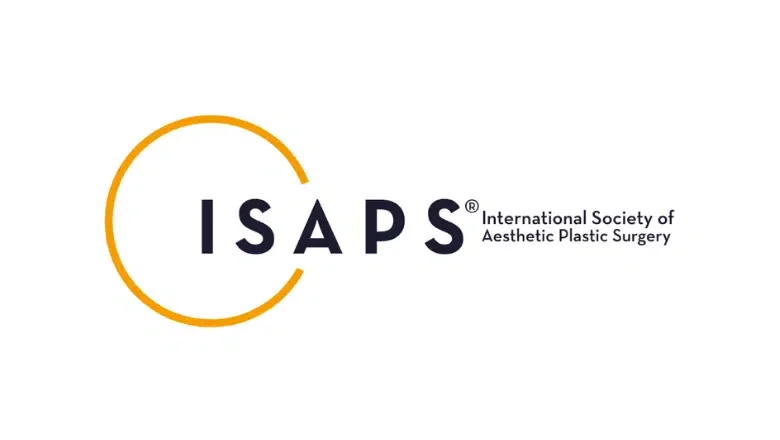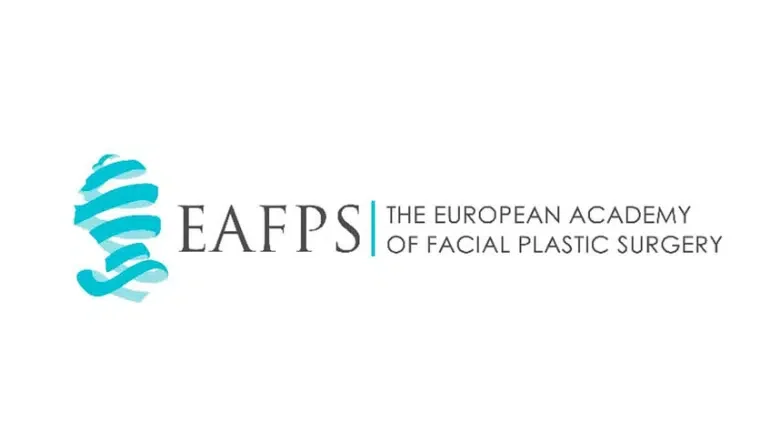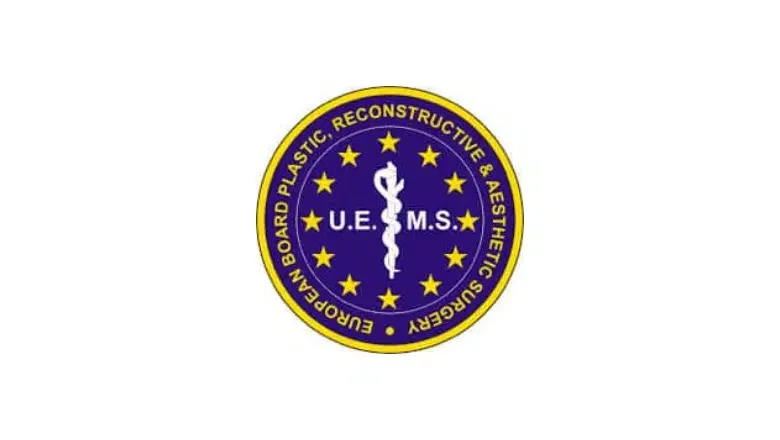When a liposuction procedure does not produce the results which patients hope for, this can be a significant source of distress. Undesirable results after liposuction can occur for several reasons. Patients may not have been suitable candidates for the procedure in the first place. In other cases, the surgeon did not have the appropriate skills and experience to carry out the procedure to the proper standards. Choosing to have your liposuction procedure overseas, particularly in Turkey, significantly increases the risk of the procedure despite the low costs offered in these countries.
RELATED: Why do people choose to have liposuction abroad?
Whatever the cause of botched liposuction, you may be able to achieve satisfactory results with liposuction revision at Centre for Surgery. Having an in-person consultation with one of our surgeons will allow a detailed clinical assessment to assess the extent of the liposuction deformity, followed by customised recommendations on the most appropriate treatment. In some cases, corrective surgery may not be possible due to the severe nature of the deformities. In most cases, specialised surgical techniques can be used to improve liposuction results after liposuction has gone wrong.
RELATED: What are the different types of liposuction?
What causes botched liposuction?
There are several reasons why a liposuction procedure may result in unfavourable results. When a surgeon is overaggressive in removing fat, particularly when failing to pay attention to the body’s natural contours, there is a risk of causing skin damage, lumpy results and asymmetry. Proper patient selection is vital when carrying out liposuction, and if a patient has significant medical problems or may have had excessive loose skin, the risks of the procedure increase.
RELATED: Am I suitable for liposuction?
This is why choosing a suitably experienced and skilled consultant plastic surgeon who undertakes many liposuction procedures each year is important. In the UK, any doctor may perform cosmetic surgery, including GPs. It is important you choose a plastic surgeon to perform any type of cosmetic surgery, including liposuction, to minimise the risk of complications occurring. The consultation serves as a foundation for planning your treatment. Your surgeon should listen carefully to your goals for treatment and provide customised recommendations on the most appropriate treatment options based on their expertise and experience.
What are the signs of liposuction gone wrong?
In many cases, the final results of liposuction may not be immediately obvious straight after the procedure. It may take several weeks once bruising and swelling have gone down to observe the procedure’s results. In some cases, immediate signs of a problem may be visible straight after surgery.
Common clinical features of botched liposuction include:
- Skin dimpling and lumpiness from uneven fat removal.
- Skin discolouration
- Skin burns from excessive thermal energy applied during ultrasonic or laser liposuction.
- Too much fat was removed.
- Excess loose skin.
- Insufficient fat removed
If you are unhappy with your liposuction results, corrective liposuction may be a suitable treatment option in appropriately selected cases.
If any of the clinical features above apply to you, it may be possible that you may be experiencing liposuction gone wrong. You should first consult with the surgeon who carried out your treatment. Arrange an urgent consultation to see them and review the results of your procedure and emphasise your dissatisfaction with your liposuction results.
A responsible surgeon should take the time to listen to your concerns and provide appropriate treatment options to correct the presenting problems. You should be able to ask any questions you may have and be comfortable with the answers given. In obvious botched liposuction cases, your Surgeon should waive their surgical fee to minimise the additional financial costs you may incur with revision surgery. If you are unhappy with the outcome of your consultation or you are unable to make contact with your Surgeon, give us a call to schedule a consultation with an expert liposuction surgeon. Please note that we charge a £250 consultation fee for assessing patients who have had botched liposuction elsewhere. Your consultation fee is both non-refundable and non-redeemable towards the cost of any potential future treatment.
Why does Centre for Surgery not recommend Vaser liposuction?
Liposuction has evolved significantly from its early days of use when complication rates were unacceptably high. Vaser liposuction is a form of ultrasound-assisted liposuction, and the current technology is in its third generation. The early forms of ultrasound liposuction had many risks, and complications from treatment were fairly common. The device could only be used for short periods of time due to the significant amounts of heat imparted to the tissues, which increased the risk of skin burns. Even with the use of ultrasound liposuction, traditional forms of liposuction were still required to extract the fat. When launched in the UK, Vaser liposuction was heavily promoted to non-plastic surgeons who were often provided with the Vaser device, instructional courses on how to use it, and ‘marketing toolkits’ on promoting the device to patients. A large amount of hype has therefore developed around the device. Liposuction using ultrasound destroys fat cells by generating very high temperatures under the skin. The downside of this is that heat also destroys the intricate connective tissue framework and blood vessels that surround the fat cells to be suctioned.
Properly performed liposuction with natural-looking results is the result of the preservation of these vital structures. The risk of scarring and adhesions leading to uneven rippled skin is a significant risk of liposuction performed with ultrasound-assisted methods.
Vaser is promoted based on being quicker, smoother results, and less postoperative discomfort – in our experience, this is simply not true. Vaser often results in the formation of seromas (fluid-filled collections beneath the skin). This is why MLD, or manual lymphatic drainage, is essential after Vaser liposuction. MLD adds unnecessary extra costs for patients and is not mandatory for patients treated with power-assisted liposuction at Centre for Surgery.
SEE ALSO: What is Vaser liposuction? (Vaser Lipo)
Surgeons at Centre for Surgery have used all the approved liposuction devices. They believe the ideal technique should be simple to use, gentle on the patient’s soft tissues, and not emit thermal energy (not generating heat that leads to potential skin burns). Any doctor who has worked with the current latest generation Vaser device will tell you that the entire length of the Vaser probe gets very hot to touch after a short time. Our surgeons regularly see several patients each month who have developed complications from Vaser liposuction performed elsewhere, including Turkey. These include lumpy, uneven results and even skin burns in the most serious cases. Many of these cases often require more than just revision liposuction using PAL. They often need fat transfer and, in severe cases, excess skin removal (dermolipectomy) to address the Vaser deformity.
RELATED: Why do people choose to have liposuction abroad?
How can botched liposuction be corrected?
If you’ve had liposuction elsewhere and are unhappy with the results, there is now a robust solution with SAFE liposuction or SAFElipo, performed by a fully qualified plastic surgeon. SAFElipo is ideally suited for revision liposuction as the vibrating cannula respects the soft tissue as it effortlessly glides through the tissues and is highly selective for fat cell extraction. The cannula generates no heat, and the fat is gently separated and emulsified with specially designed exploded tip cannulas. This generates an even bed of tissue which reduces scarring. The procedure is completed with microcannulas to smoothen out the skin without lumpiness or waviness. The success of liposuction depends on having a properly credentialed, fully trained and experienced plastic surgeon to perform your procedure. It is important to remember that the surgeon produces great results, not the device. Trained surgeons can achieve consistently good results with tried and tested devices such as power-assisted liposuction, which is exclusively used at Centre for Surgery in London.
RELATED: What is the most effective type of liposuction?
What to look for when choosing a liposuction surgeon?
Be wary of providers offering ‘local anaesthetic only liposuction’. Whilst a local anaesthetic may be suitable for very small areas in appropriate patients, it is not advised to have large areas treated with local anaesthetic only. Surgeons at Centre for Surgery do offer Microlipo to carefully selected patients. The most common reason for poor results in our surgeon’s experience is liposuction performed under local anaesthetic in sub-standard facilities by non-surgeons. Such practitioners probably lack the formal credentials to perform the procedure in accredited settings where the full range of anaesthesia options are available. Unnatural contours and lumpy, wavy skin are risks of liposuction when performed by improperly trained practitioners. Centre for Surgery offers a general anaesthetic option in most liposuction cases, allowing our surgeons to achieve their best results in controlled conditions and where the surgeon can focus on getting the best results with an anaesthetist managing sedation and pain relief. Centre for Surgery also offers MicroLipo under local anaesthetic at our Baker Street clinic for suitable candidates using only the safest protocols.
Why choose Centre for Surgery for liposuction revision?
Our surgeons have many years of experience in all types of liposuction. We own and manage our own surgical facilities in the heart of central London. Properly performed revision liposuction takes time and should not be rushed. You want your surgeon to be well-rested and mentally and physically sharp to perform revision liposuction, which is a very challenging procedure to get good results.
Our surgeons are trained to manage postoperative complications after liposuction. This is very important because whilst your surgeon takes all precautions to minimise complications, complications can and do occur. Our surgeons can readily manage any issues if and when they arise. Excellent continuity of care is extremely important with a surgical procedure such as liposuction.
RELATED: The Dangers of Cosmetic Surgery Tourism
If those stubborn pockets of fat are bothering you, schedule a consultation with us at Centre for Surgery by calling 020 7993 4849, and one of our expert patient coordinators will be pleased to assist you.

